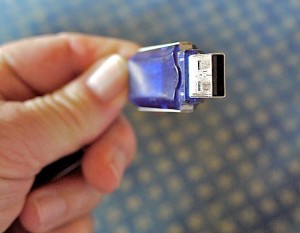David Pogue’s take on Microsoft’s purchase of Skype.
Every time some big clumsy corporate behemoth buys a popular consumer-tech product, I cringe. It almost never works out. The purchased company’s executives take a huge payday; promises are made all around that they’ll be allowed to continue operating independently; and then, within a couple of years, the product disappears altogether. A little star of the tech sky is snuffed out, for absolutely no good reason.
Yahoo bought GeoCities, Broadcast.com, HotJobs.com, MusicMatch, Konfabulator and Upcoming. AOL bought CompuServe, Netscape and Xdrive—all gone or irrelevant now. Cisco bought the Flip camcorder, and then killed it last month.
But what about Microsoft? Its acquisitions list includes the Sidekick (Danger) service, Groove, Placeware, Massive, LinkExchange and WebTV.
It has shut down all of them.
(As my Twitter follower @jfhaft notes, “Microsoft = King Midas in reverse.”)
I guess what I’m saying is that I’m skeptical. This feels more like an 800-pound-gorilla move than anything that will wind up benefiting you.




